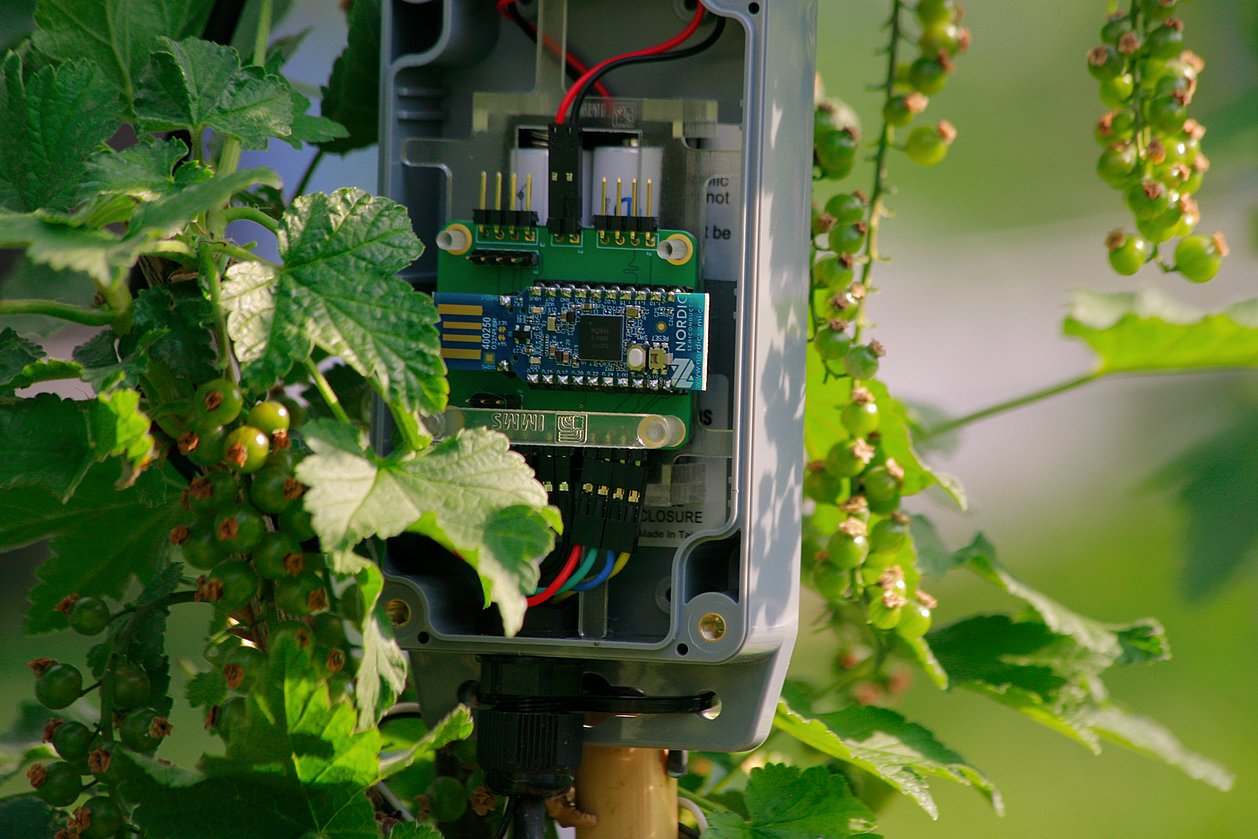Dr. Gerd Reidenbach, Lehr- und Versuchszentrum Gartenbau (LVG)

”We have experienced IMMS as a reliable and proactive partner who has taken our perspective and implemented targeted solutions from it and is always open to new impulses.”
”At the Lehr- und Versuchszentrum Gartenbau, a teaching and research centre for horticulture, we are primarily working on recommendations for action on how to use irrigation water sparingly and efficiently, and we are testing the regional suitability of cultivars in fruit and vegetable growing, among other things. The background to this is the climate change predicted in the Thuringian Climate and Adaptation Programme. It indicates that, in addition to the continuous search for adapted cultivars, new strategies in water management must be developed in order to supply people with high-quality food. For the economical, efficient use of raw materials and resources, water in particular is becoming increasingly important in the context of climate change, since slowly but continuously rising temperatures, a decrease in precipitation and extended vegetation periods are to be expected as an expression of climate change. In addition to new cultivation strategies, plant breeding and variety testing, supplementary irrigation is becoming more important for more and more crops in line with market and price developments.
With this in mind, we have found the ideal partner in IMMS to expand our experiments on drip irrigation with sensor technology. For example, a radio sensor system developed at IMMS was used for the irrigation of sweet cherries. The colleagues from IMMS installed and supervised the systems on our experimental fields for us. We were thus able to record air temperature and humidity, soil temperature and humidity, leaf moisture as well as air pressure and photosynthetically active radiation at different points for four different variants of irrigation and two variants of mulch cover. IMMS provided us with the measurement data via a connection to our server for our experiments and processed them graphically. Even the sole use of soil moisture sensors provided us with decisive information to achieve savings compared to fixed irrigation intervals or irrigation according to the current standard model. For this purpose, IMMS also investigated the suitability of different soil sensors for this application. This is important for our recommendations for fruit growers, especially since there are also significant price differences for the sensors.
We have experienced IMMS as a reliable and proactive partner who has taken our perspective and implemented targeted solutions from it and is always open to new impulses. For example, in our meetings, which I always find very constructive and goal-oriented, we had discussed further potential savings that we could achieve if we could use information about the plant itself in addition to abiotic variables. As a result, IMMS has developed a sensor for measuring fruit growth in order to integrate it into the existing system in the future. This will enable us to recognise the different phases of fruit development and to irrigate whenever it is beneficial for the fruit quality. All these results, the very good cooperation, for which I would like to express my sincere thanks, and the many new ideas we intend to pursue in joint research and development work in the future.”


